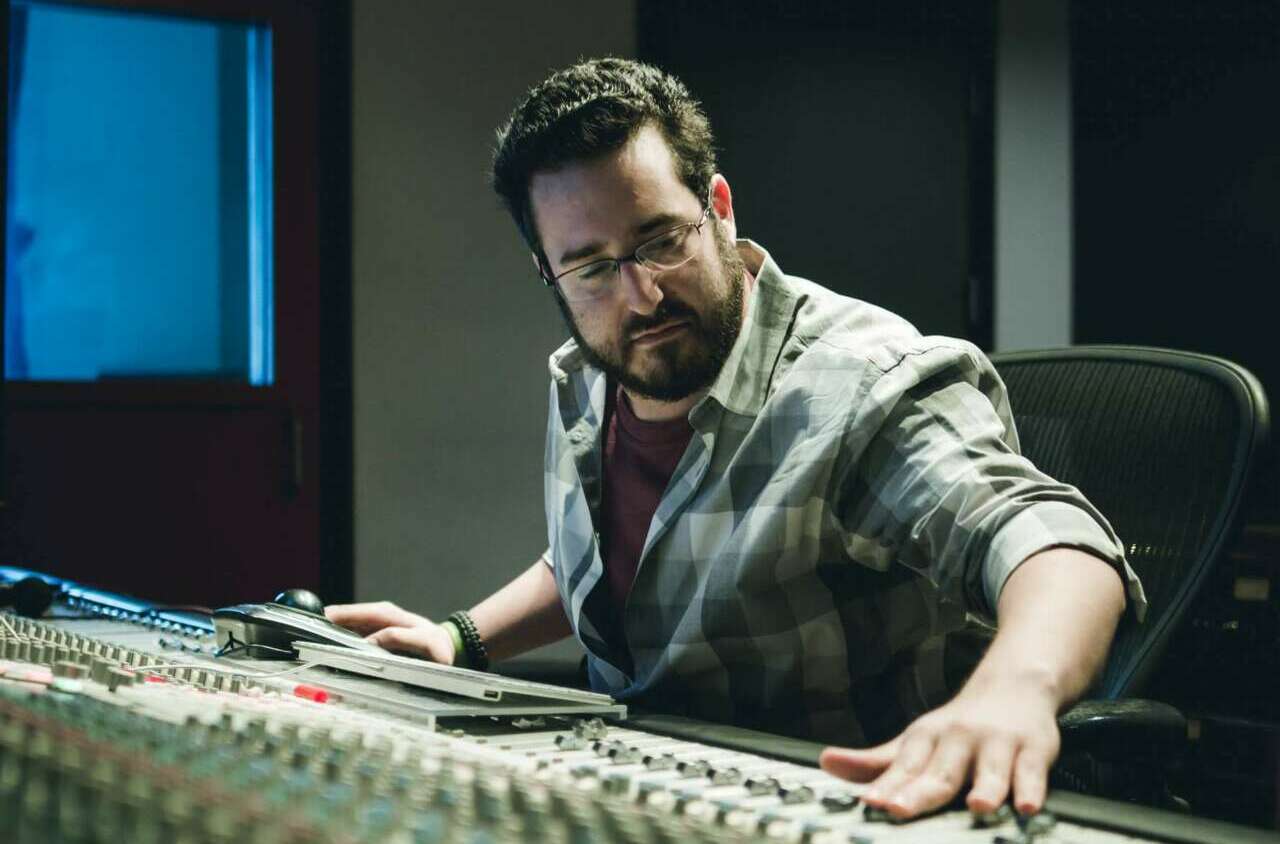Alright – so today we’ve got the honor of introducing you to Michael Bader. We think you’ll enjoy our conversation, we’ve shared it below.
Alright, Michael thanks for taking the time to share your stories and insights with us today. Let’s start with what makes profitability in your industry a challenge – what would you say is the biggest challenge?
Many industries are competitive, but one of the biggest challenges in audio is a limited understanding of what industry professionals actually do. It’s amazing the amount of artists that have been working for years and have never worked with an engineer, or companies that are trying to solve audio related challenges and learn as they go instead of bringing in a professional to consult. I’ve come out of lots of sessions having people tell me, “that was so much more efficient” or, ” I never thought of doing it that way”, or even simply “it was so helpful to have a second set of ears in the room”. When people don’t understand the why of the work, they don’t account for it being needed in their process. People see bringing in a specialist as an extra, unnecessary cost when in reality it streamlines the project and improves the workflow for everyone involved.
I once worked with a voice actor that had been through years of recordings working by themselves, on their own, in a home studio. They were an excellent actor, that had put together a very good sounding set up, and produced quality results. Their workflow involved operating their own software, having no one to give them direct feedback, and needing to incorporate a particularly invasive clicking sound to make it easier to select through their own takes at the end. This was the norm for them, and they had gotten good at it. That was the case because the system was what had been used for other people on other projects, and came with the least cost. However, by the end of our work together, we had been able to go through the recording so efficiently that we finished a full day sooner than they ordinarily would have. They told me that it was one of their most enjoyable recordings they had done. It felt like a weight was lifted off their mind and they could really focus on their performance.
It gets very difficult for professionals to find a steady stream of work or, not to mention raise their rates, if their potential clientele doesn’t understand why it’s necessary.
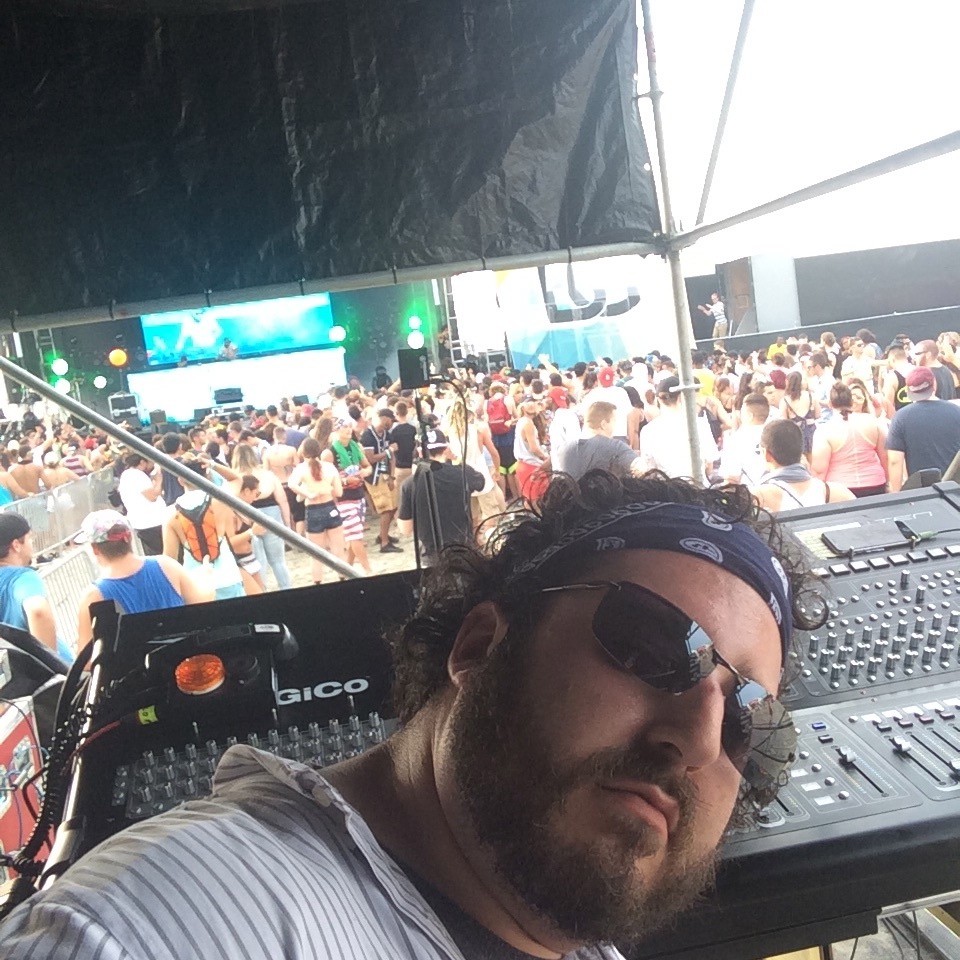
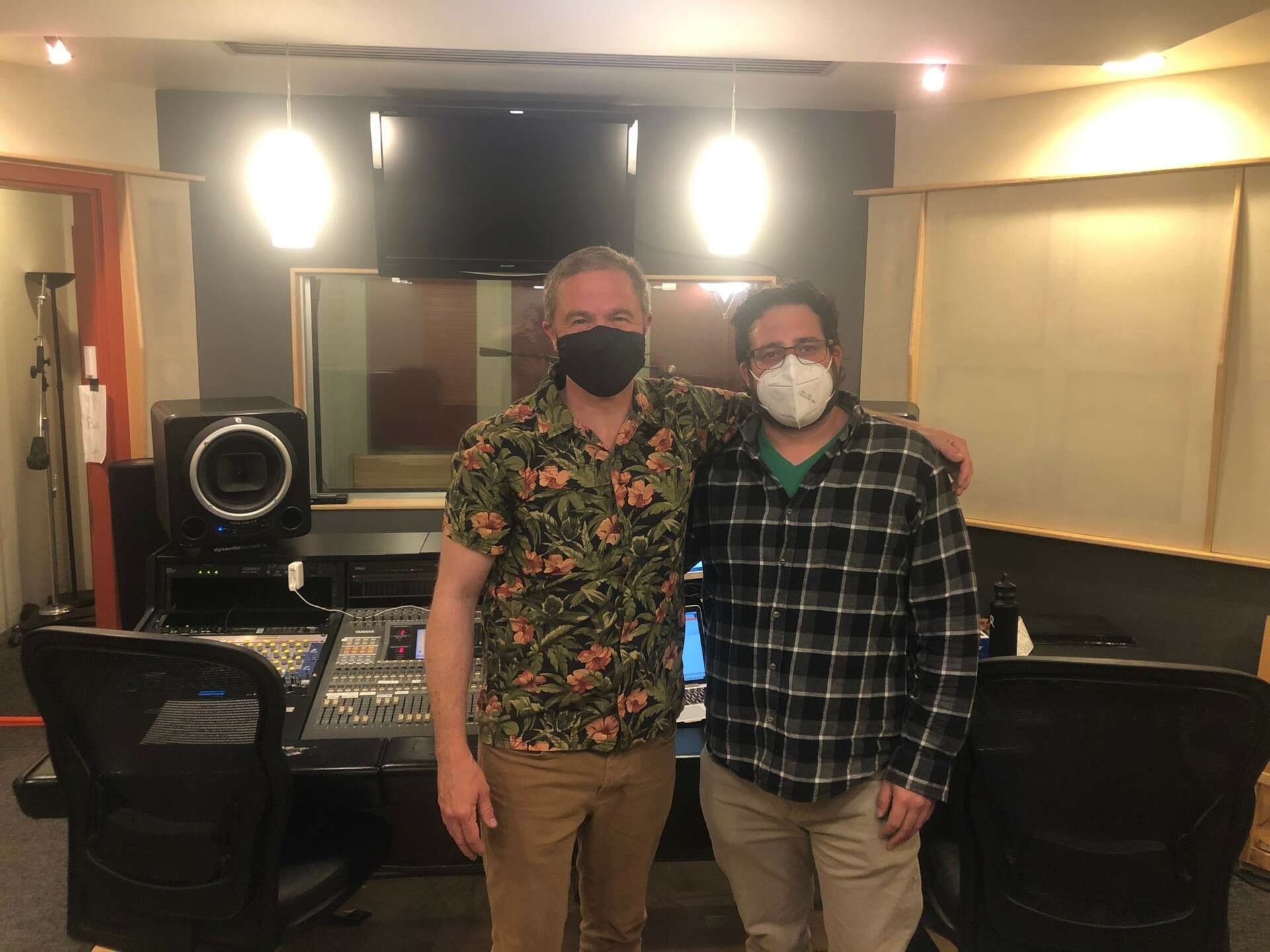
As always, we appreciate you sharing your insights and we’ve got a few more questions for you, but before we get to all of that can you take a minute to introduce yourself and give our readers some of your back background and context?
I’m an audio engineer. I combine the mechanics of my technical knowledge, with a performer’s abilities, to bring the necessary feel to a project. One of the best things I learned along the way is that engineers are problem solvers, and they are constantly tasked with creating new ways to get results for their clients. I thrive on the situations when an artist, actor, or another engineer comes to me with a unique request that requires a creative solution, I’ve always really enjoyed puzzles. The way to properly combine technical quality with the feel of a great performance is one of the most fun puzzles of all and, can yield some amazing results.
I’ve had a strong passion for music for my entire life. I discovered at one point that I could hear music much better than I played it – as a kid I could identify my father’s favorite guitar players just by ear – and realized that my place was in audio production. That led me to go to SAE Institute of Technology New York for a degree in audio production. I really took to it, I had never before learned anything so efficiently and I learned that it wasn’t just music I loved, but sound in general.
After school I interned at a major NYC studio called Engine Room Audio. While I did start out cleaning up after sessions, wrapping cables, and making sure the vending machine was stocked, I worked up to assistant by making good relationships with the current engineers, helping them in sessions, and learning as much as possible. I assisted on everything from indie artists to major label sessions. That taught me not just the session procedures but the inner workings of a recording studio, and just how valuable experience is. I learned how to be comfortable in whatever situation I found myself in – as one engineer best put it “master the hang” – and how to adapt to different work styles and environments. I became an engineer by making a habit of turning previously “difficult clients” into smooth sessions. I worked on everything from hip-hop, to jazz bands, to orchestras. I was also working with podcasts, and live sound outside the studio – expanding my experience even further. That allowed me to continue to grow my career.
I’ve always been fascinated by all aspects of audio, and what goes into great quality productions of all kinds. In addition to working on music, I also found I enjoyed doing sound design and editing and spending time with voice actors; working to tell a story and bring the right feeling to a performance. Adding voice-over and spoken word to my repertoire just gave me more avenues to pursue, and eventually led me to becoming the Chief Engineer of John Marshall Media. Sound really is my passion and I love to use that passion to bring projects to life.

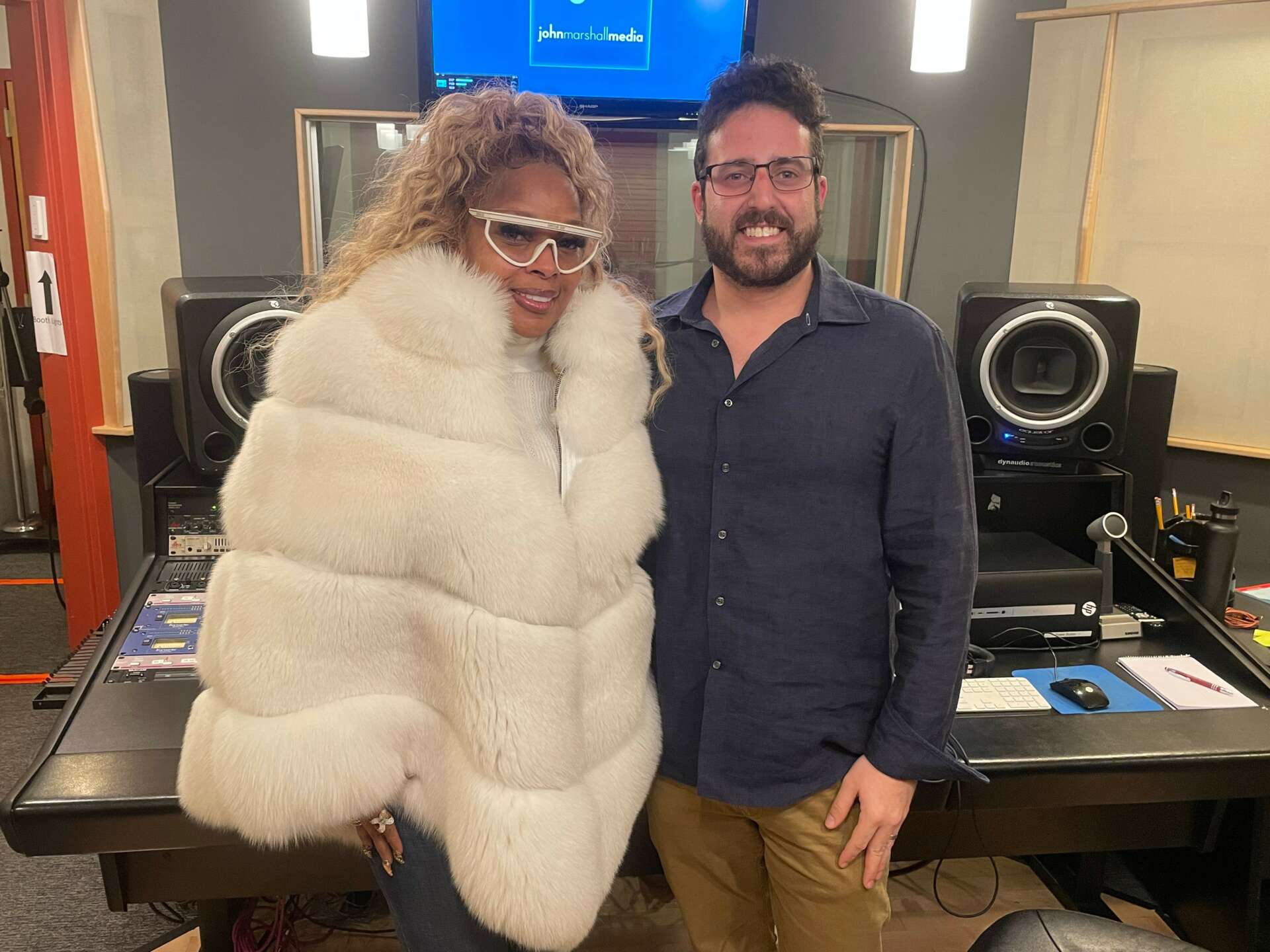
We often hear about learning lessons – but just as important is unlearning lessons. Have you ever had to unlearn a lesson?
When to speak up, in a professional sense – this is actually a lesson I had to both learn, and unlearn. I’m someone who talks a lot at times and was told early on, “you’re doing good work, but you really talk too much.” I learned that I had to understand the hierarchy and flow of a room; only being technically sound wasn’t enough. Just because I got to contribute once in a session, it wasn’t an open invitation for me speak freely. It’s most important to properly pick your spot for when, and what, to contribute; and sometimes its more powerful to not say anything and let the idea come to your client naturally.
With time, and experience, I discovered that my spot for chiming in came up more often, and that I was the professional in the session for a reason. It’s still important to read the vibe of the room, but you need to understand your value in any given situation, and speak confidently when it’s your time to contribute.
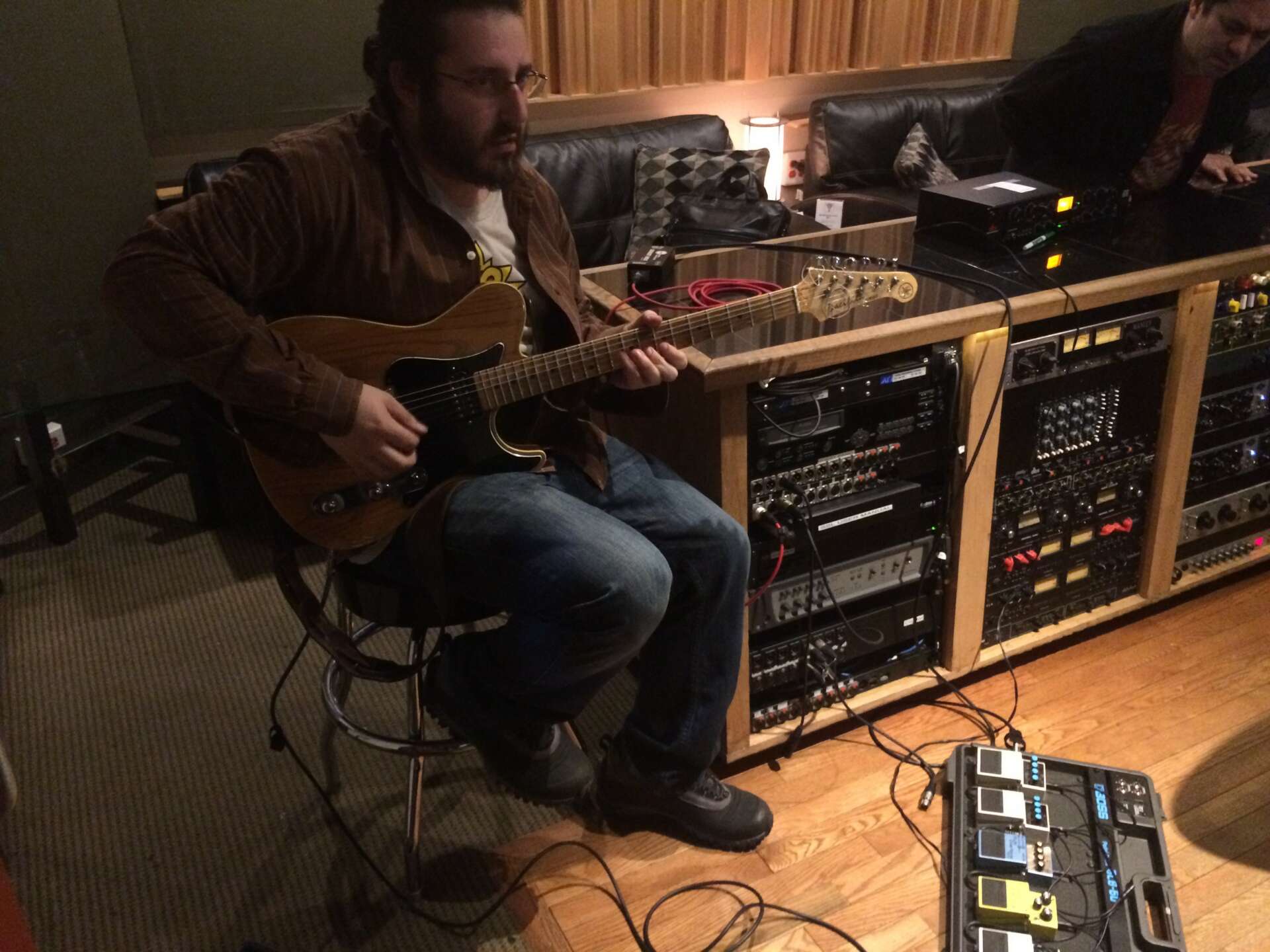
Is there a particular goal or mission driving your creative journey?
I’m driven by getting the opportunity to use my technical knowledge to help other creatives to bring stories and feelings to life. I’ve spent a lot of time listening to, and watching, musicians, actors, and other performers and I’ve always enjoyed being able to use my contributions to help make those great performances shine.

Contact Info:
- Website: https://michaelbaderaudio.com/
- Instagram: @michaelbaderaudio
- Linkedin: https://www.linkedin.com/in/michaelbaderaudio/


